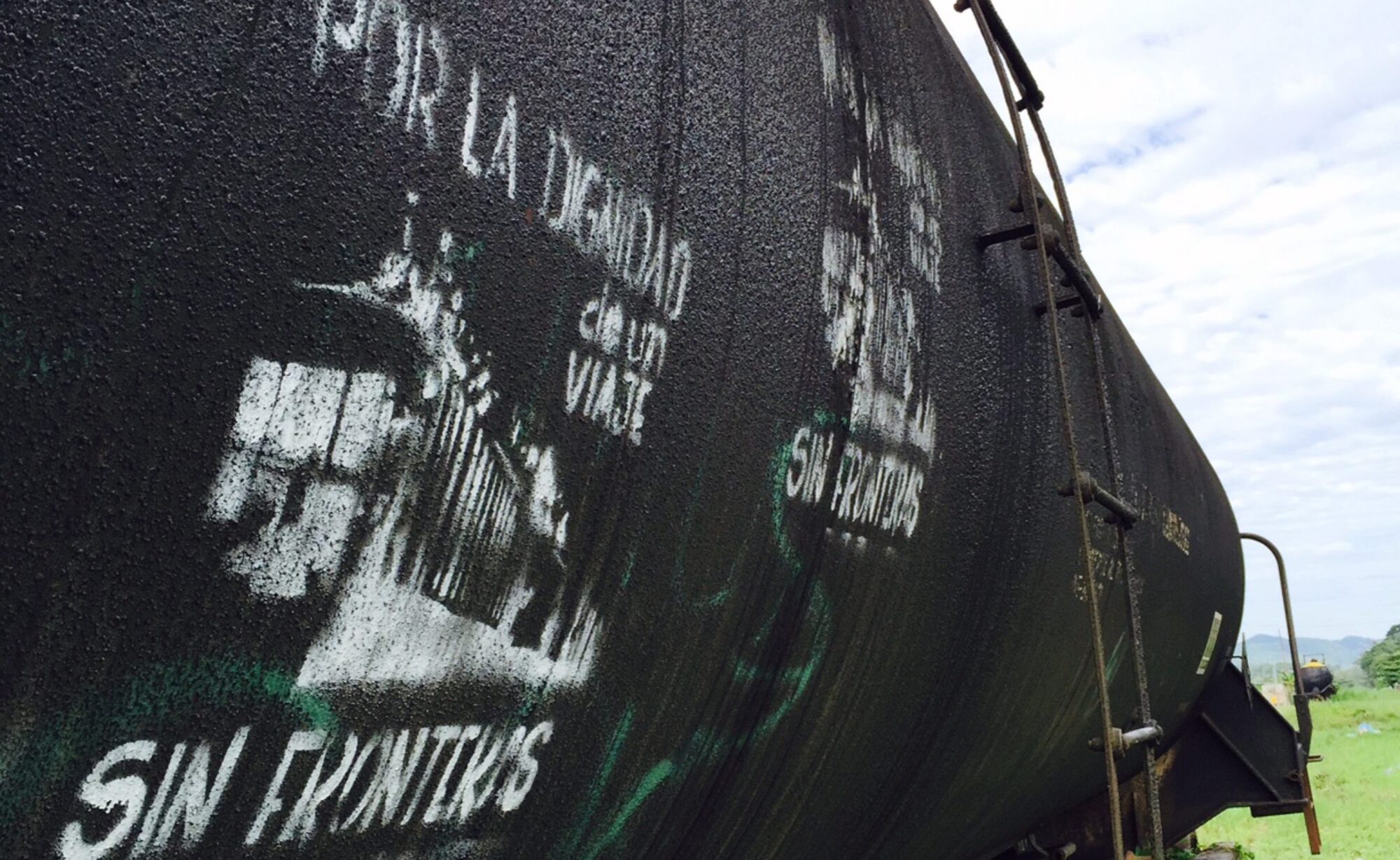This was originally published in the Tucson Weekly.
“Letters to the Future, a national project involving more than 40 alternative weeklies across the United States, set out to find authors, artists, scientists and others willing to get creative and draft letters to future generations of their own families, predicting the success or failure of the Paris talks—and what came after.”
Where I Place My Greatest Hope
To my 35 year-old child,
When you read this it will be 2050. Right now you are seven months in the womb. When I see you now—your heart thumping in colorless ultrasounds—I am mesmerized by your beauty, your innocence, your potential. I know that by the time you read this you will have seen a lot, you will have seen too much.
In 2015, my child, we hear a lot of climate predictions for what the world will be like in 2050; these forecasts are frightening. For example, the common projection for climate refugees—people on the move due to hellacious typhoons or hurricanes, rapid sea level rise, or disastrous droughts—is 200 million. But who would’ve known, as long ago as 2015, that Arizonans would be among the uprooted?
Nobody was expecting the semi-collapse of Phoenix, though the city was, along with Tucson, already in trouble. Both cities were rationing water and battling ever-more tenacious wildfires. When a fierce dust storm knocked out Phoenix’s electricity grid in June of 2040, and the air conditioning didn’t come back on, ever, for many it was the last straw. It wasn’t the first migration out of the city, but it was the largest.
What people weren’t expecting, however, were the Homeland Security checkpoints around U.S. cities and between state borders, or the new laws that only permitted people with certain documents to travel. And, of course, the subsequent arrests, incarcerations, and deportations if those laws were not heeded.
But I write you, my child, before all this happened. I write to you from Paris, in November of 2015. I write to you one week from what many are saying is the most important climate summit in history. I write you in the hopes that I am wrong, because we all know there is a much better world possible and it’s still in our grasp.
It’s critical, I think, for you to understand where I am right now. Two weeks before the climate summit began, coordinated violent attacks across Paris dramatically altered the tone of the negotiations. The French government “cancelled” the marches, which were to be attended by varied international organizations that would put formidable grass roots pressure on participating nations. The government said they couldn’t provide sufficient protection to the organizers, though the best protection for them—and for you, my child as we now see—would have been to embrace that more urgent conversation that demanded a better world.
The impacts of the Paris attacks spanned the globe. In the United States, for example, most politicians barked about military operations and let this critical moment for the climate fall to the wayside. The fires of xenophobia were fanned all the way to the upper-echelons of government, conflagrating all across the media landscape. Witnessing this rapid mobilization of the counterterrorism hawks just seemed to prove that, if that were the impetus, we could move just as forcefully to protect the climate. But, no. A slightly-reformed yet catastrophic “business as usual” strategy carried on; we guaranteed your frightening reality.
For the astute contemporary historians in 2050, they will see that the calls for more border militarization in 2015 had already been happening for some time. The U.S. military and Border Patrol were already preparing for what official documents called “mass migration” due to climate destabilization. That’s why there are all the checkpoints now, on the I-10 between Tucson and Phoenix, entering Phoenix, entering California. I know you don’t like them; we didn’t like them either. As I sit in Paris right now in 2015, your future, I am deeply saddened to say, looks bleak.
But I have a feeling that I am wrong. Maybe I have overestimated the trends of the power structure, and underestimated the strength of the people. Maybe it’s you, my beloved, that gives me hope. Maybe I see in your potential actions, in your imagination, in your creativity, and in your capability the seeds for a much happier world. It is clear that your vibrant generation will be forced to act. It will have to reach across these fortified borders, and refuse to submit to them. It will take this sort of unity. This is where I place my greatest hope.
